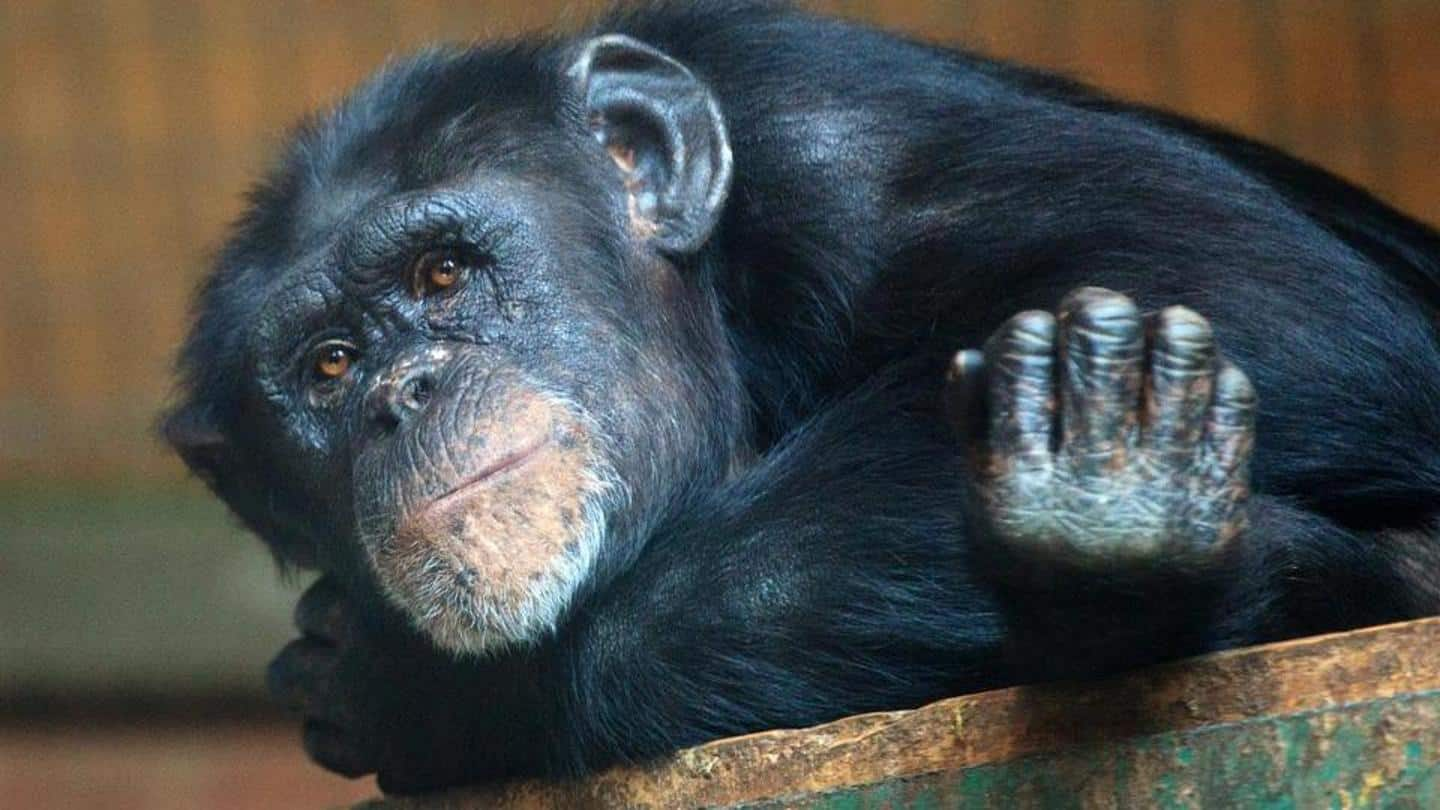
Study reveals why humans are smarter than other animals
What's the story
Most of us watching the film Lucy wide-eyed realized how intelligent our species is and what can happen if we utilize our brains to our full potential.
No other animal on this planet is as advanced as we humans.
We're the only ones to have invented flying machines, medicines, and spacecraft. But what sets us apart from others?
#1
Human brain functions quite differently
The functioning of the human brain is still vastly mysterious.
In a recent study published in Nature Neuroscience, titled--A synergistic core for human brain evolution and cognition--evidence from different species and multiple neuroscientific disciplines shows information processing in the brain isn't just one type.
How the information is processed also differs between humans and primates, which may explain our superior cognitive abilities.
#2
Definition of the brain
The researchers decomposed functional interactions between brain regions into synergistic and redundant components, to get their distinct information-processing roles.
Today's theoretical models define the brain as a "distributed information-processing system" meaning, it has discrete mechanisms, which are tightly networked through the brain's wiring.
The regions of the brain exchange information through a system of incoming and outgoing signals, to interact with each other.
#3
Functioning of the human brain
Different brain regions use different strategies to interact with one another.
Some brain regions exchange information using input and output (redundant information) which ensures that signals get across in a reliable way.
Combining information from both eyes enables the brain to understand depth and distance.
This kind of information processing, when complex signals from different networks in the brain are merged, is called "synergistic."
#4
Comparison between human and primate brains
Synergistic processing occurs in brain regions that support lots of complex cognitive functions, like learning, attention, working memory, and numerical cognition.
It was found that synergistic interactions are higher in terms of total information flow in the human brain than in macaque monkeys' brains.
The brains of both are equal in terms of how much they depend on redundant information.
#5
Prefrontal cortex expansion
The prefrontal cortex is an area that supports advanced cognitive functioning.
Redundant information processing is more prevalent here in macaques, but it is a synergy-heavy region in humans.
This area has also expanded with evolution, and additional brain tissue, acquired through evolution, may be primarily dedicated to synergy.
Associated regions are more likely to express genes that are related to brain development and function.